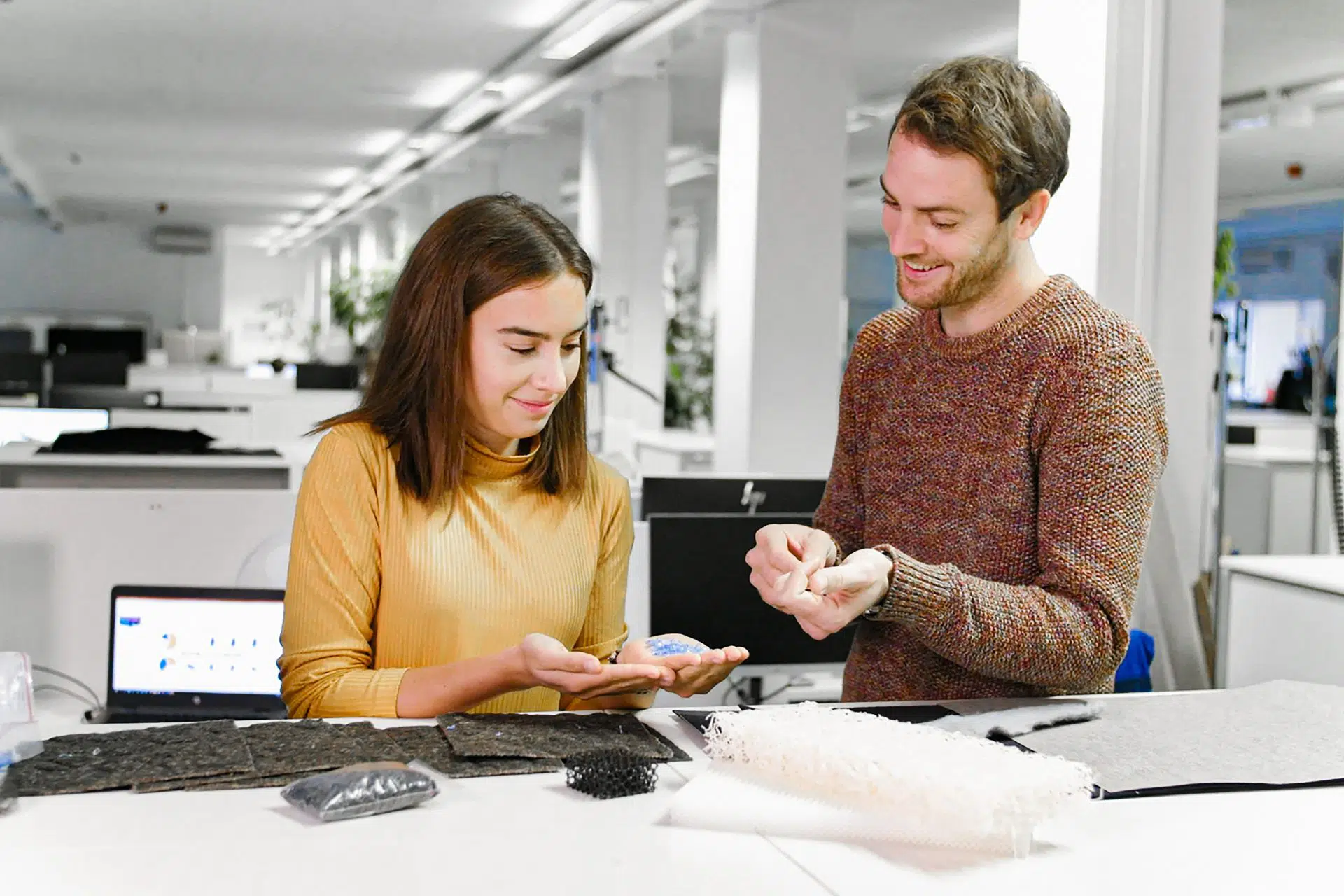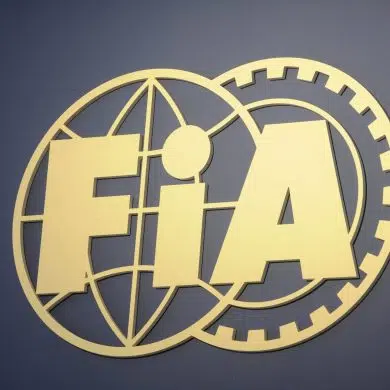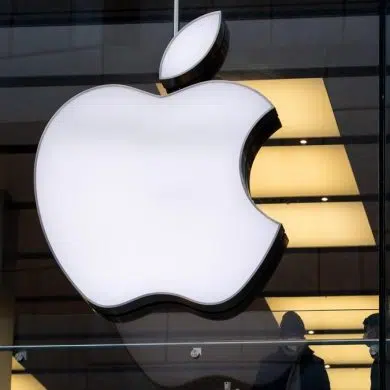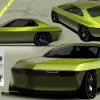The BMW Group is stepping up the pace in the battle against climate change with a unique sustainability strategy and clear targets for CO2 as announced by Oliver Zipse, Chairman of the Board of Management of BMW AG, at a press conference in Munich. The key objective of the company's innovative strategy is on the one hand to drastic reduction of emissions CO 2 per vehicle by 2030. On the other hand, with the introduction of the "Neue Klasse", the BMW Group will largely promote the use of secondary materials and the far-reaching principles of circular economy. The BMW Group is committed to a more sustainable operating model, with the aim of limiting global warming to 1.50 C.
The fulfilment of all climate goals is closely linked to research & development of sustainable materials. The BMW Group believes that only a holistic philosophy in the use of proven and new materials will provide a lasting solution for reducing CO2. Hence the focus of its research and development efforts on environmentally compatible raw materials. At the same time, it is accelerating the development of a secondary materials market and working with select startups and experienced suppliers to create innovative materials.
"We want new standards of sustainable luxury quality - rethinking materials and focusing more than ever on alternative, efficient solutions and renewable materials that are very easy to separate," said Dr. Stefan Floeck, Head of Body Development, Exterior and Interior, responsible for the MINI Product Line, BMW Compact Class from 1ης September. "We are following a steady course towards a holistically sustainable product development, responsible use of natural resources and transformation to a circular economy."
Innovative materials for a sustainable goal
For both the exterior and interior, the use of intelligent, sustainable materials is the basis for efficient, resource-efficient car production. The BMW Group has defined groups of materials with sustainable characteristics that set new standards and encompass all four dimensions of the circular economy: RE:THINK, RE:DUCE, RE:USE and RE:CYCLE.
Incorporation of natural raw materials
The BMW Group has been using renewable raw materials in its vehicles for several years - for example in door panels where the use of a natural fibre layer is combined with a plastic moulding to ensure the necessary stability. Renewable raw materials such as natural fibres are not only 30% lighter than plastic alternatives, but they also achieve negative emissions CO 2, as they absorb CO2 and release oxygen in their growth phase.
Recognising these possibilities, the BMW Group and its partners have systematically developed the use of fibres such as hemp, kenaf and flax to create natural fibre meshes, which as supporting structures can retain their mechanical properties and avoid additional weight by reducing the amount of material required.
Wood can be used as a renewable raw material in many different applications. The BMW Group is exploring innovative wood shavings foams with a porous structure (ground wood). The resistance of foams comes from the inherent wood cohesive forces, which make it possible to get rid of synthetic adhesives. As a result, the foams consist of 100% renewable raw materials that can replace sound-absorbing foams in the future.
Recycled materials: smart and environmentally friendly
The BMW Group uses up to 100% recycled plastic in its thermoplastic components and is working with leading plastics manufacturers to further develop recycled plastics and bioplastics with a significantly smaller carbon footprint. In addition to recycled plastics, the company also uses organic plastics reinforced with natural fibres such as cellulose, hemp, wood or bamboo for reducing the proportion of primary oil-based plastics. The target is to use thermoplastics with 40% (on average) recycled material by 2030.
Innovative leather from new sources
New alternative leather materials of plant origin with respect for natural resources are another important element in the BMW Group's research. Synthetic leather with organic raw materials, fabrics made from 100% recycled polyester and cork nuggets allow the emission reduction CO 2 to 45% compared to today's synthetic leather PVC . In collaboration with startup Adriano di Marti S.A. de C.V., the BMW Group is exploring a sustainable material based on cactus . The DeserttexTM is made of powdered cactus fibres with an organic polyurethane mould. Another promising alternative to leather is the fully recyclable MirumTM, which simulates all the properties of traditional leather, yarns and foams. The BMW Group's investment in the Natural Fiber Welding startup opens up new possibilities for the development and creation of plant-based materials.
Fabrics - new philosophy and 100% recyclable
The BMW Group's Research & Development department is studying innovative materials that can be used in future vehicles. A typical example is the synthetic textile publications, Used mainly for seat covers. These have a low carbon footprint and can be made from 100% recycled material. Thanks to their composition they can be are repeatedly fed back cyclically and reused several times throughout the product life cycle. The BMW Group aims to use more monomaterials, instead of multilayer multiple materials. In seats, for example, the cover and the foam underneath it are made of different materials. These are neither easily separated nor recycled together to create a new material that can be reused in a vehicle. The various binders between materials, such as adhesives and threads, play a role in this. If both parts are made from the same material, there is potential to recycle them in a circular economy. The BMW Group is also applying new techniques to give fabrics a new look, using 3D structures, applications, patterns and graphic elements, and is considering a new mix of materials for mass use.
With these and many other innovative measures, the BMW Group is seeking to raise awareness of the importance of sustainable materials and highlight its circular approach to a sustainable future - with the aim of reducing emissions CO 2 in the life cycle at over 40% by 2030.








